- AI
- A
The partnership between Microsoft and OpenAI is starting to crack
“The best bromance” in the tech world has faced a harsh reality: OpenAI tried to change the terms of the deal with Microsoft, while the software giant sought ways to reduce its risks regarding the startup.
Last fall, Sam Altman, CEO of OpenAI, approached Satya Nadella, head of Microsoft, with a proposal to invest billions of dollars in the startup.
Disclaimer: this is a free translation of an article from The New York Times. The translation was prepared by the editorial staff of "Technocracy". To not miss the announcement of new materials, subscribe to "Voice of Technocracy" — we regularly talk about news about AI, LLM, and RAG, as well as share useful must-reads and current events.
You can discuss the pilot or ask a question about LLM here.
Microsoft has already invested $13 billion in OpenAI, and initially, Nadella was ready to continue funding. However, after the OpenAI board briefly removed Altman in November, Nadella and Microsoft reconsidered their stance on the deal, according to four sources familiar with the negotiations who wished to remain anonymous.
In the following months, Microsoft did not make concessions, despite requests from OpenAI, which expects a loss of $5 billion this year, for additional funding and increased computing power to develop and operate its AI systems.
Altman once called the partnership with Microsoft "the best tech bromance," but the relationship between the companies began to weaken. Financial pressure on OpenAI, concerns about the company's stability, and disagreements among employees of both organizations have strained their five-year partnership, according to 19 people familiar with the situation.
This tension highlights a key issue for AI startups: their dependence on global tech giants for financial and computing resources, as it is the large companies that control the cloud systems necessary for small companies to develop AI.
No one illustrates this dynamic better than Microsoft and OpenAI, the creator of the ChatGPT chatbot. When OpenAI received a large investment from Microsoft, it agreed to an exclusive deal: to buy computing power from Microsoft and closely collaborate with the tech giant in the field of AI.
"We are deeply grateful to Microsoft for our partnership; their large bet on us and enormous computing resources have been vital to our research breakthroughs, from which both companies have greatly benefited," Altman said on Thursday. "We are full of enthusiasm and commitment to realizing our shared vision and achieving even greater results in the future."
Over the past year, OpenAI has tried to renegotiate the terms of the deal to secure more computing power and reduce excessive costs, while Microsoft management has begun to worry about the excessive dependence of their AI developments on OpenAI. According to five informed sources, Nadella noted in private conversations that Altman's dismissal in November came as a shock to him and caused concern.
Since then, Microsoft has begun to minimize the risks associated with OpenAI.
"We continued to invest in OpenAI at various stages of the partnership," said Kevin Scott, Microsoft's CTO, in a recent interview. "We certainly remain their largest investor."
However, in March, Microsoft paid at least $650 million to hire most of the employees of Inflection, a competitor of OpenAI. Former CEO and co-founder of Inflection Mustafa Suleyman heads a new group at Microsoft that develops AI technologies for consumers based on OpenAI software. He also oversees Microsoft's long-term project to create technologies that could replace those the company receives from OpenAI, according to two informed sources.
"Microsoft may be at a disadvantage if it relies solely on OpenAI technologies," said Gil Luria, an analyst at investment bank D.A. Davidson. "This is a real race, and OpenAI may not win it."
Some OpenAI executives and employees, including Altman, are unhappy with Suleyman's presence at Microsoft, according to five people familiar with the situation. Suleyman's team is part of a group of Microsoft engineers working directly with OpenAI employees. Dozens of Microsoft engineers work on-site at OpenAI's offices in San Francisco and use OpenAI laptops configured to comply with the startup's security protocols.
Recently, some OpenAI employees complained that Suleyman yelled at an OpenAI employee during a video call, believing that the startup was not delivering technology to Microsoft quickly enough, according to two sources familiar with the call. Others expressed outrage after Microsoft engineers downloaded important OpenAI software without following agreed protocols, the same sources said.
After Microsoft backed away from additional funding talks, OpenAI found itself in a difficult position. The company needed additional funds to continue operations, and management was dissatisfied with the exclusivity of the contract. Throughout the year, OpenAI repeatedly tried to negotiate lower costs and terms that would allow the company to purchase computing power from other providers, according to seven informed sources.
In June, Microsoft agreed to change the terms of the contract, according to six people familiar with the situation. This allowed OpenAI to strike a $10 billion deal with Oracle for additional resources. Oracle provides computers equipped with AI chips, while Microsoft is responsible for the software that runs this hardware.
In recent weeks, OpenAI and Microsoft have agreed on changes to the future contract that will reduce the startup's computing costs, although the exact terms remain unclear, according to one informed source.
While OpenAI was looking for alternative sources of computing power, the company also sought to expand its circle of investors, according to two people familiar with its plans.
Part of this plan was to attract strategic investments from organizations capable of strengthening OpenAI's position not only financially. Among them were Apple, chipmaker Nvidia, and MGX, an investment company from the UAE.
Altman and OpenAI have been discussing possible cooperation with Apple for several years. In 2022, when OpenAI was developing technologies for ChatGPT, Altman and Scott met with Apple executives to discuss possible cooperation, according to two sources. As a result of this meeting, Apple agreed to add ChatGPT to the iPhone this year.
Nvidia has become an important partner as its chips are necessary for the development of OpenAI's AI technologies. MGX participated in OpenAI's ambitious project to create new data centers around the world.
In early October, OpenAI completed a funding round of $6.6 billion, led by Thrive Capital, with participation from Nvidia, MGX, and others. Apple did not invest in the round, but Microsoft also participated.
OpenAI expects to spend at least $5.4 billion on computing power by the end of 2024, according to documents reviewed by The New York Times. This amount is expected to grow significantly over the next five years, reaching $37.5 billion by 2029.
It is unclear how the latest changes in the partnership with Microsoft will affect this dynamic, but Microsoft representatives are satisfied with the adjustments, said a source familiar with the company's plans. The tech giant can continue to benefit from OpenAI's technologies, while the startup continues to pay significant computing power costs.
Nevertheless, OpenAI employees complain about the insufficient amount of computing resources provided by Microsoft, according to three informed sources. Some also express dissatisfaction that if another company first creates AI equal in power to the human brain, Microsoft will be to blame because it did not provide OpenAI with the necessary resources, two sources said.
Paradoxically, this may be the key to exiting the contract with Microsoft. The contract includes a clause that if OpenAI creates artificial general intelligence (AGI) — essentially technology equal to the human mind — Microsoft loses access to OpenAI's technologies.
This clause was added to ensure that such future technology would not be used to the detriment, but now OpenAI management sees it as a way to a more favorable contract, claims a source familiar with the course of negotiations. Under the terms of the contract, the decision on the occurrence of AGI can be made by the OpenAI board of directors.
At an AI conference in Seattle this month, Microsoft paid little attention to OpenAI. Asha Sharma, head of product development for AI at Microsoft, emphasized the independence and diversity of the company's offerings.
"We certainly believe in providing choice," Sharma said.
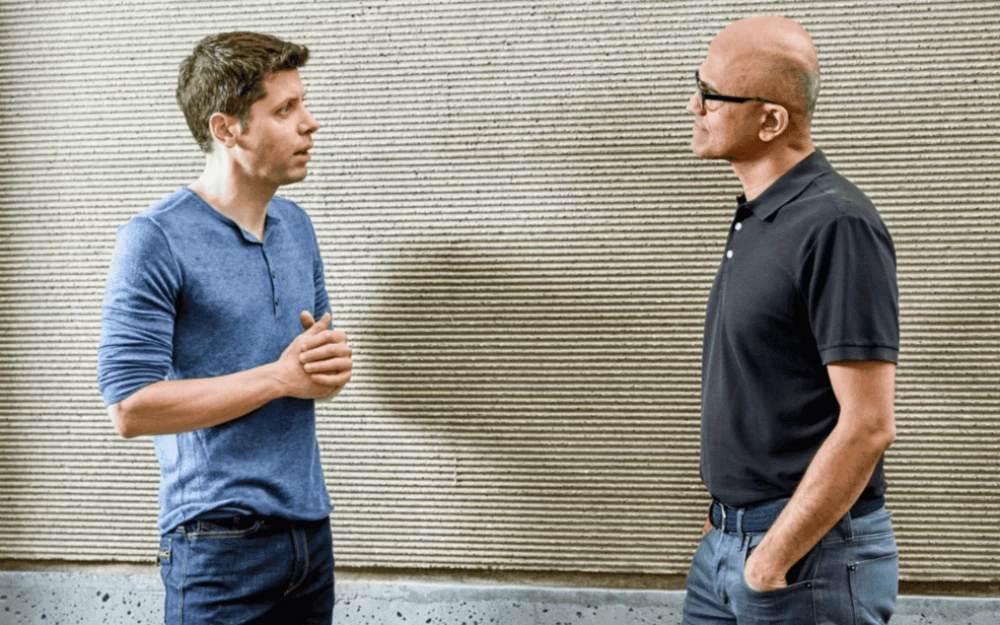
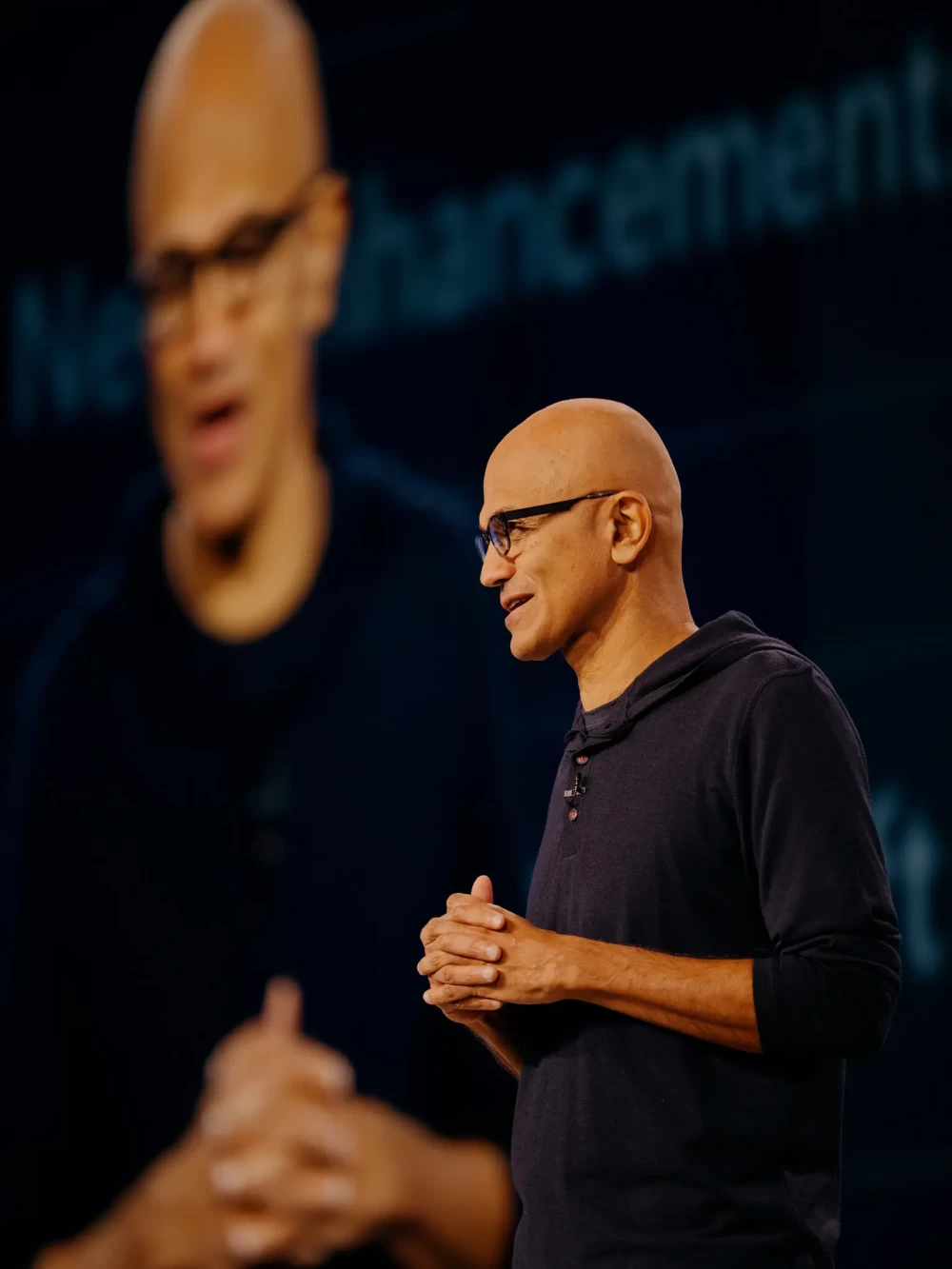
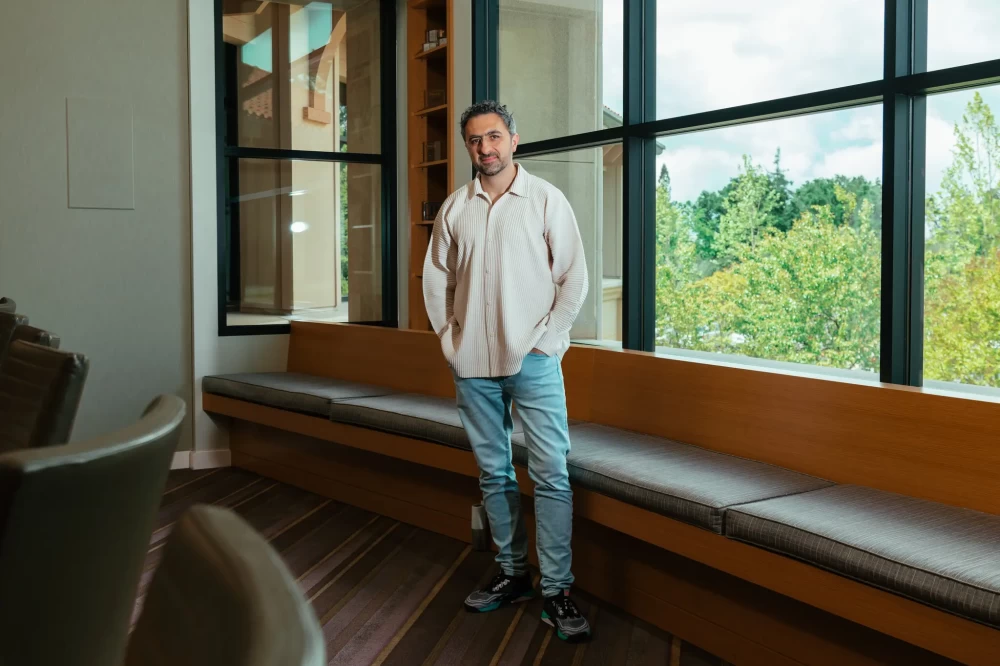
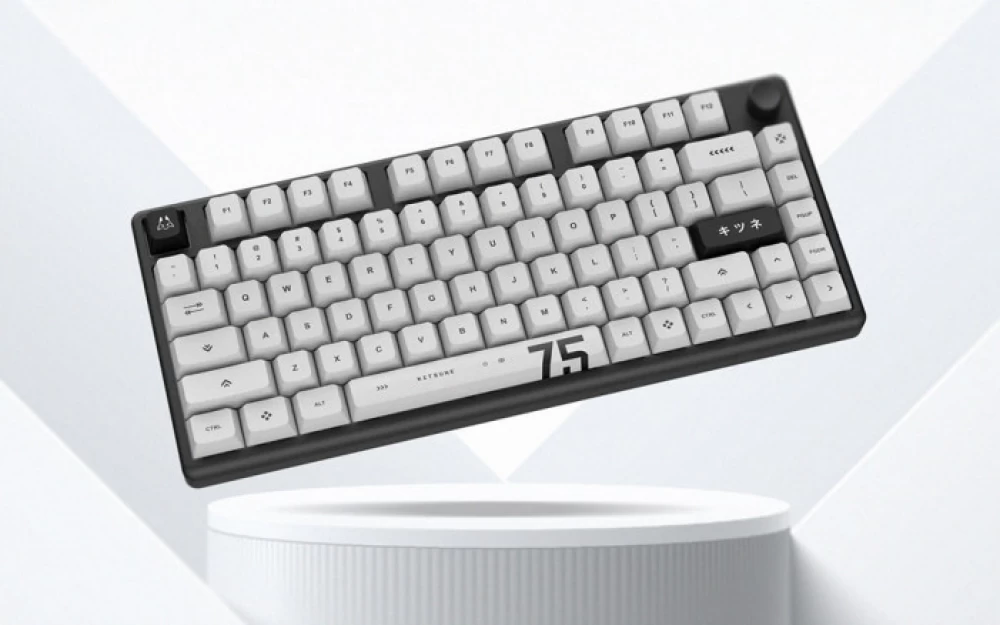
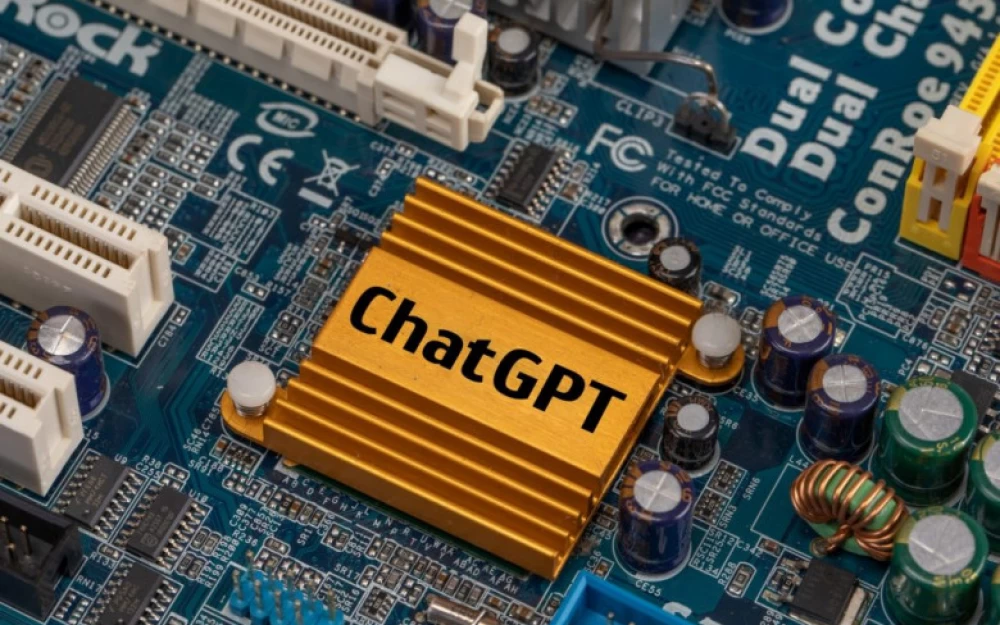
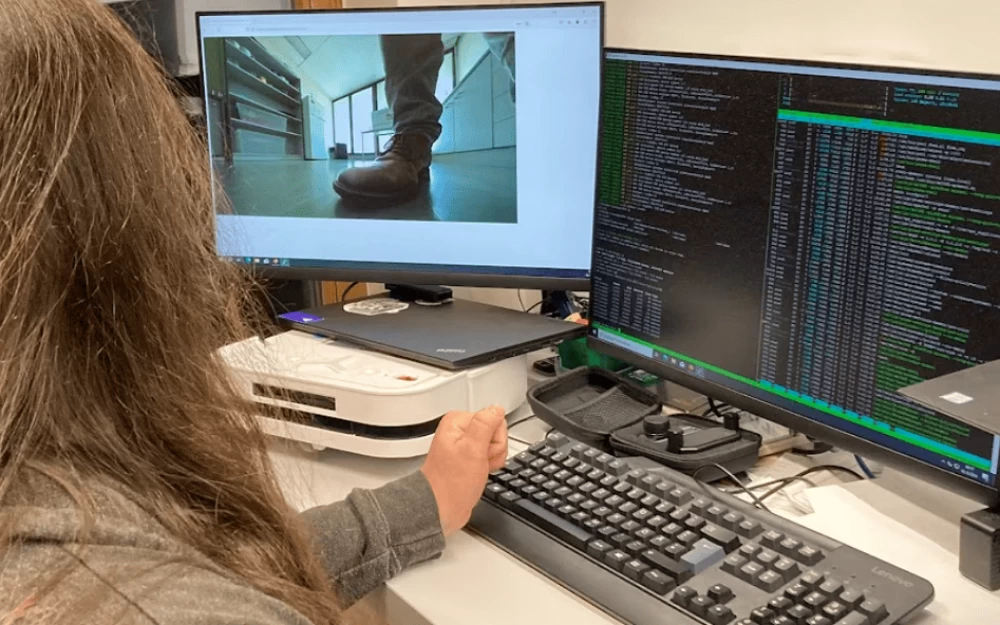
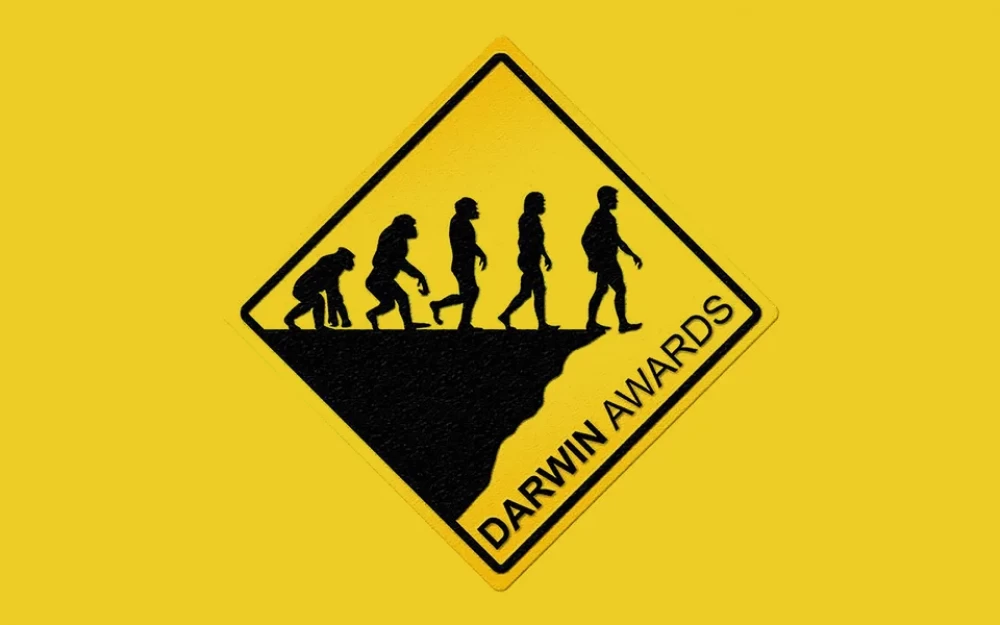
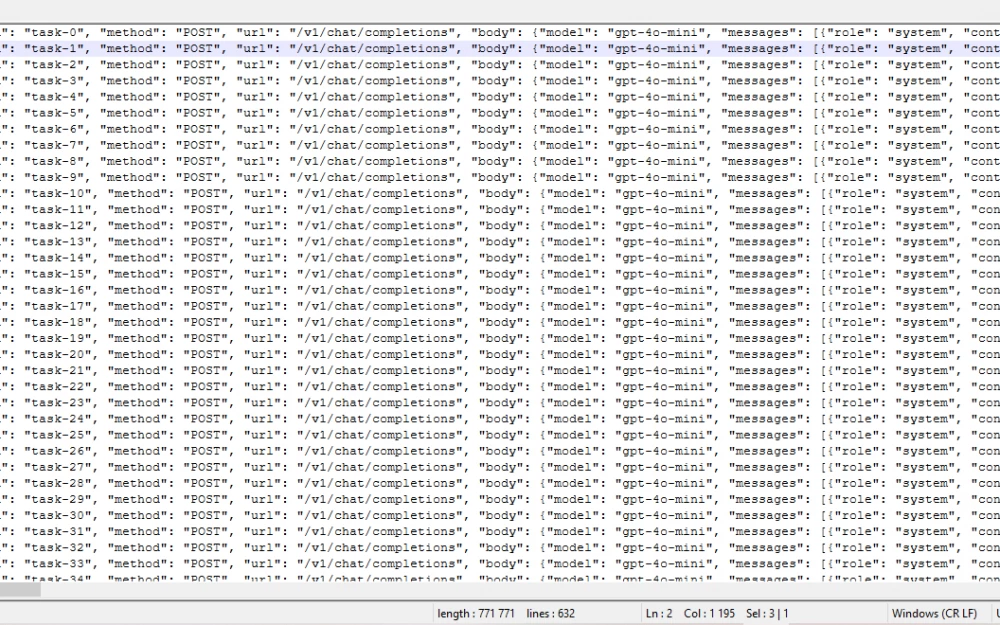
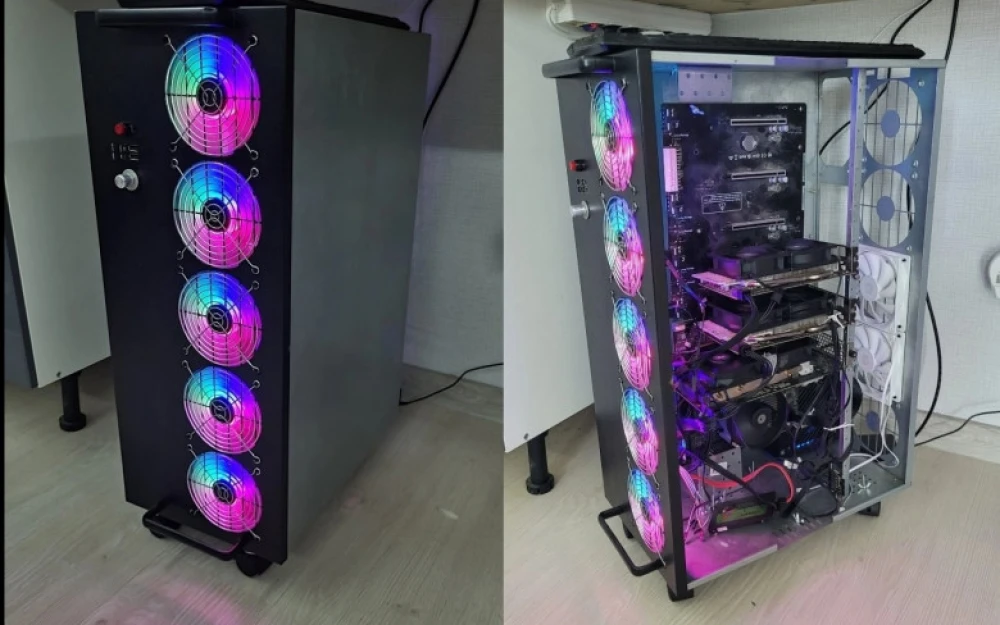

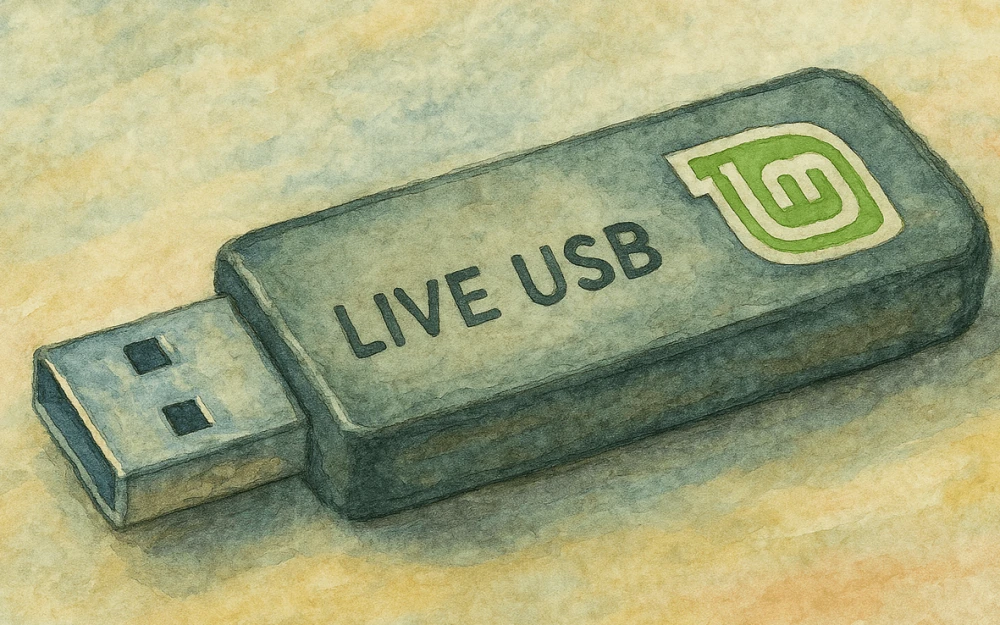
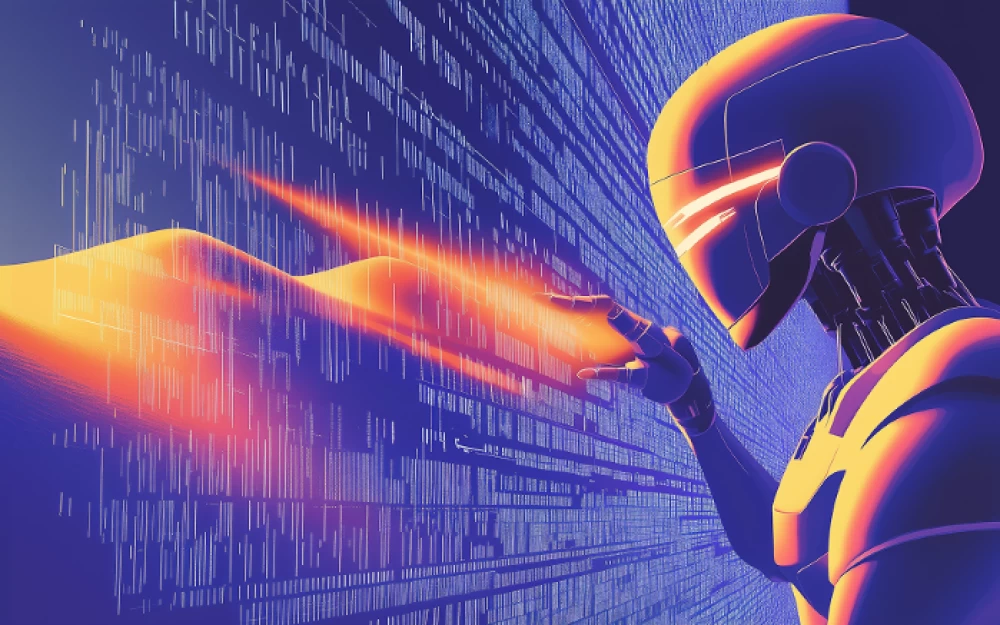
Write comment